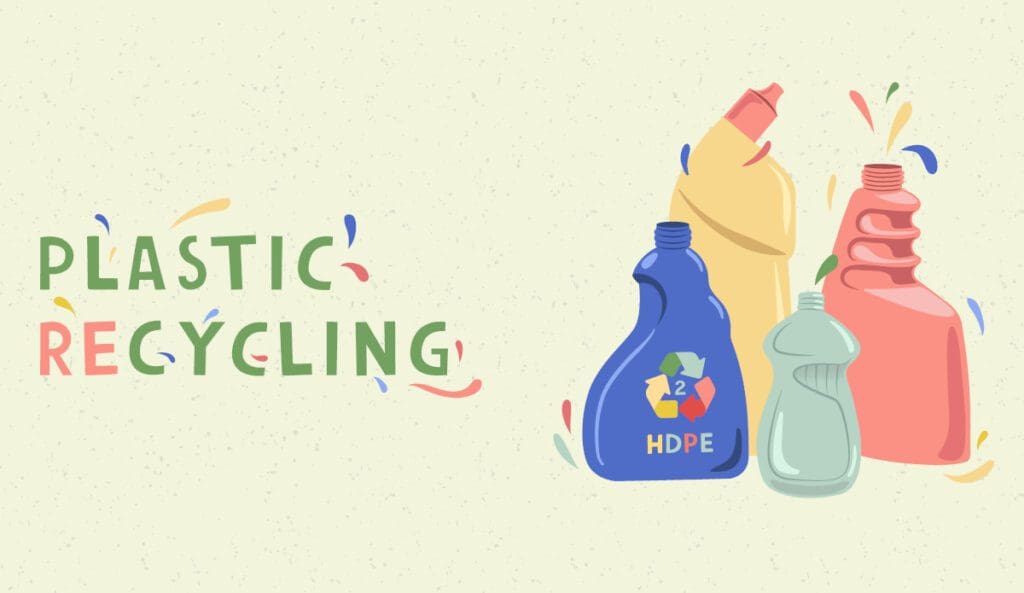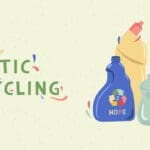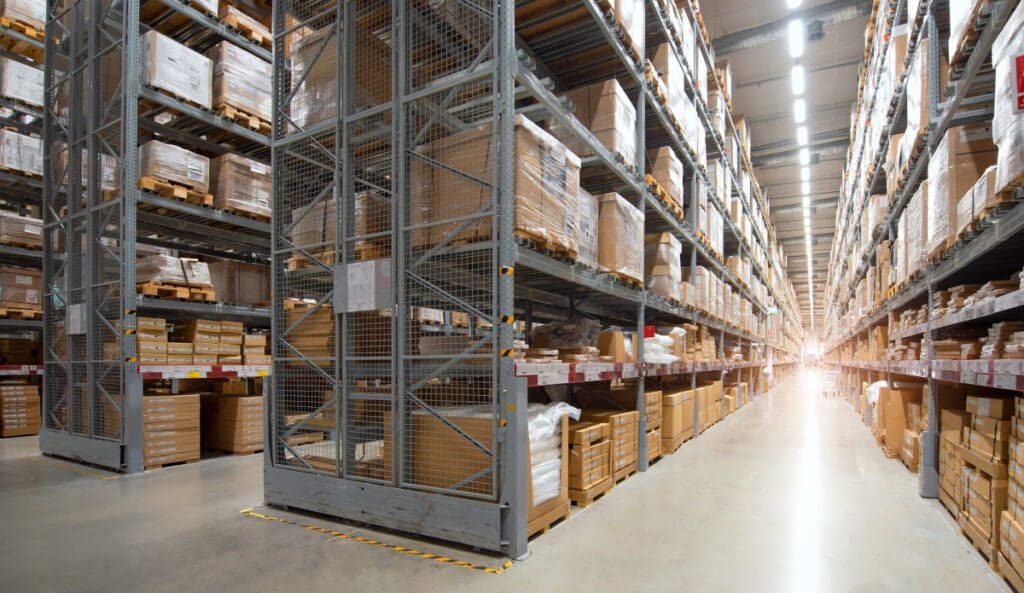Wanting a convenient, attractive, and environmentally friendly label for your product? IML could be your answer.
In mould labelled (IML) is a process where a pre-printed label is integrated directly with the product packaging as it is moulded. The technique has a number of benefits and advantages to consumers, marketers, and organizations.
How Does In-Mould-Labelling Work?
It’s a complex process that uses very precise machinery. First, a label is printed on very light and flexible plastic (polypropylene). This label can be whatever colours are required, depending on the complexity of the printer. The label is cut to size in the template required for the packaging. For instance, if it’s being printed onto a round pail, it starts with a long thin rectangle that is then warped to be able to wrap around the pail smoothly, and if it needs to wrap around an oddly shaped container, then the layout will be different.
Next, the label is taken into the machine and inserted into the mould. The liquid plastic is then injected into the mould, which fuses and integrates the label onto the container.
This results in a hard-wearing label that cannot be torn, removed, or easily damaged.
The Benefits of IML
There are a huge number of benefits in using IML.
Durable and Tamper Proof
Because the label is plastic and integrated with the container, there’s no risk of moisture or heat damage. This means it’s safe to be frozen, stored in chillers, stored in warm temperatures, or heated in a microwave. Similarly, there’s no way for the label to be removed or damaged.
Cost Effective for Large Runs
Compared to pad printing, paint and laser etching, and hot stamping, IML is very cost effective. Contact us at IFP for a quote so you can compare the options for your product.
Versatile
IML allows for a range of effects, textures, and colours. Depending on the press that prints the label, there are a huge number of available options. You can choose from matt or gloss finishes, and here at IFP, we offer up to six different colours on each label.
Simple and Streamlined Process
Because the label is adhered during the moulding process, this removes the requirement for post-moulding decoration. The buckets, pails, and containers are all ready to go with no further processing and the entire pail is fully recyclable. When you go to take the packaging off the shelf, it’s ready to go, with no further processes required.
Lower Scrap Rates
The IML process results in a larger number of product flaws, which are rejected before despatch to the customer. But because there are no added processes afterwards, there’s less risk of other problems occurring. The products are less likely to be damaged in transit, so there’s less loss of product before it reaches the shelf.
Clean
Because the container is all in one, there’s no area for dirt to collect. Because the label doesn’t scratch or abrade, there’s nowhere dirt can gather, making the product hard to sell or cheapening the brand.
A Premium Finish and Appearance
The end result is a high resolution label with no seams, wrinkles, or damage. The information on the label is always clear and legible.
Environmentally Friendlier
Because the label and packaging are generally the same material, they are easy to recycle. The production process itself uses less resources than traditional labels too.
Suits A Wide Variety of Products
IML can be used in a variety of industries, for many products. These include:
- Butter and margarine
- Yoghurt, ice cream tubs
- Nutraceuticals and supplements
- Cosmetics
- Paint buckets
- Garden products
- Household cleaning products
Limitations of In Mould Labelling
There are a few limitations or problems with IML. One is that in general, it can only be used with two types of plastic, high density polyethylene (HDPE) and polypropylene (PP). It cannot work on glass, aluminium, or other plastic types. It can be done on recycled plastic but not for food, pharmaceuticals, or other products that need food grade, virgin plastic.
It’s not suitable for small runs and becomes uneconomic. The machines are precise, expensive, and they take a lot of set-up time, so larger quantities are when they become economical.
Need In Mould Labelling?
At IFP Group, we’ve been making IML pails for many years. We have 1.1L, 2.2L and 4L pail options. The in mould label is possible on both the lid and the pail/base itself. We have minimum order quantities, so contact us to chat about the volumes required to make this viable.
IML offers the most robust and simple labelling option for your product. It looks great, sets you apart from your competitors on the shelf, and provides a simple and easy packaging solution.








